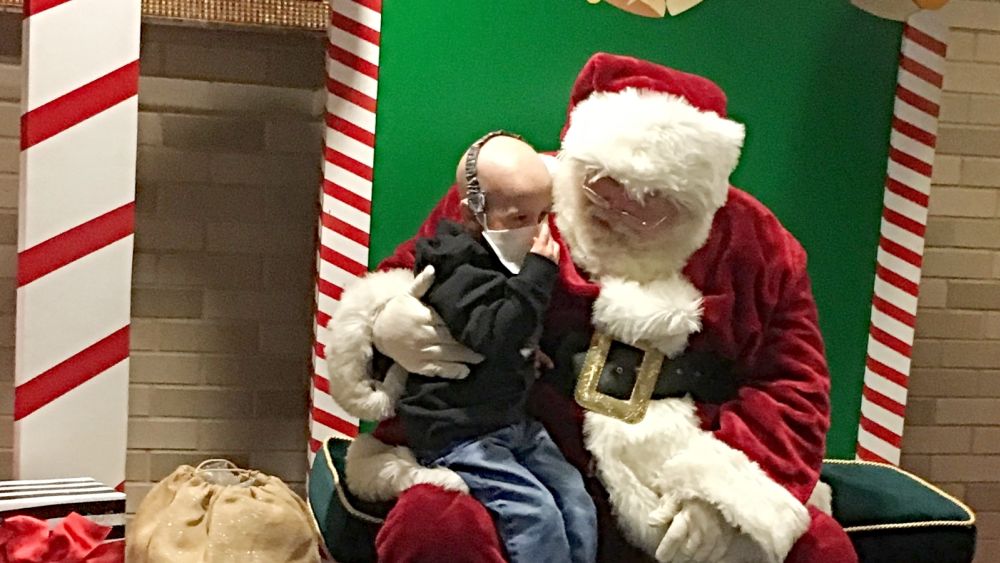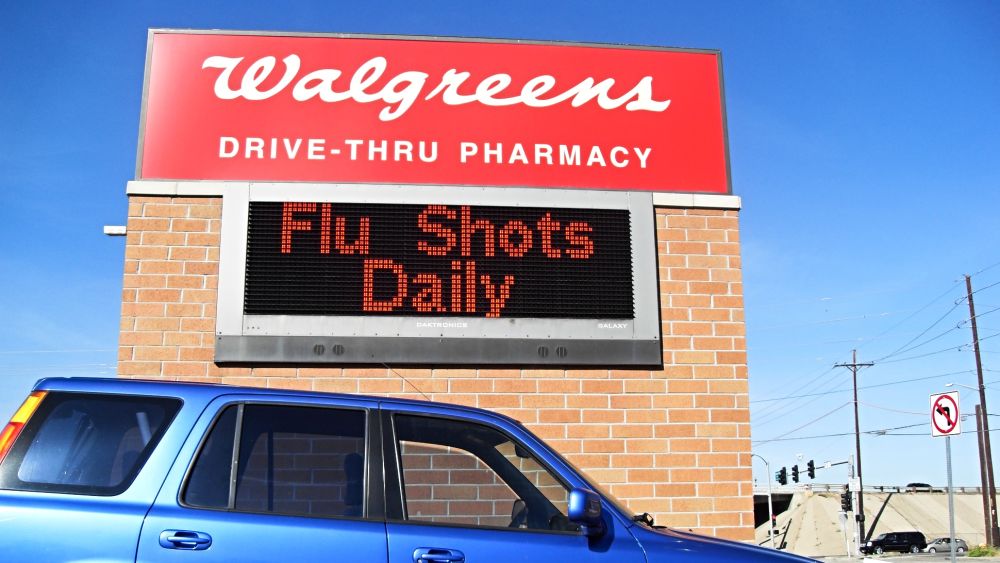Bob Harper’s Broken Heart
Stacy Matson | Celebrity Health

image by: Watch It Now Entertainment
Every minute it takes before a defibrillator is placed, your chances of success decrease by 10 percent - Cindy Chang MD
Two days before Valentine’s Day, Bob Harper, celebrity trainer and host of The Biggest Loser, had his heart broken, but not in the way you’re probably thinking. Harper started his morning like any other by meeting friends at the gym for his daily workout. However, after he was finished, Harper suddenly fell to the floor and had stopped breathing.
Acting quickly, Harper’s friend ran through the gym yelling for help and found two doctors who happened to be working out. The doctors grabbed a defibrillator and immediately began to perform CPR. WIthin minutes, paramedics arrived and rushed Harper to the hospital. These quick acting friends are more than likely the only reason Harper survived something that very few people do. Harper suffered sudden cardiac arrest, a cardiac event that is often called the 'widow-maker’ because it has an incredibly low survival rate, less than 6%.
Over the next few days, news outlets were reporting that Harper had suffered a heart attack, which is incorrect. In actuality, Harper went into sudden cardiac arrest meaning that his heart's electrical system suddenly malfunctioned. This caused his heart to stop beating, and as a result no blood could be pumped through his body, or to his brain. In most cases, people who go into sudden cardiac arrest die within minutes, usually before the ambulance arrives.
According to the American Heart Association, more than 300,000 people experience sudden cardiac arrest (SCA) each year. SCA typically happens without warning or with symptoms that are easy to overlook and is not the same as a heart attack.
During sudden cardiac arrest, the heart’s electrical system malfunctions causing irregularities. Usually the heart begins to beat very fast and the ventricles eventually fibrillate or in some cases the heart slows to a standstill which prevents blood from flowing through the body to the brain. This results in the person losing consciousness, like Harper. In most cases of SCA, death occurs within the first 5 minutes, unless emergency treatment begins immediately including the use of an AED.
A heart attack usually occurs when there is a blockage in one or more of the coronary arteries, preventing the heart from receiving oxygen-rich blood. Heart attack victims remain conscious.
As for Harper, he said he remembers having dizzy spells in the weeks leading up to his sudden cardiac arrest. He said, "I think about the days before the [arrest] and I was having dizzy spells. I should've really taken that more seriously. It's been a huge wake-up call for me. I've learned a lot about myself. I've learned a lot about the fact that genetics played a part in this. It is so important to know your health." Ahhh genetics, Harper’s mother died of a heart attack...
So yes, knowing your health might be the most crucial element in surviving a cardiac arrest episode. Especially since younger adults who have undetected heart issues typically do not exhibit symptoms, and therefore are less likely to be screened by their doctor for heart abnormalities such as structural heart abnormalities and certain inherited disorders. Therefore, if you have a family history of heart disease or participate in sports, you absolutely should talk to your doctor about testing.
That being said, even if you don’t have a family history everyone should know their blood pressure numbers and cholesterol levels, as well as the warning signs of a heart condition such as; dizziness, changes in your heart’s rhythm, chest pain or pressure, and shortness of breath.
Bob Harper is an incredibly lucky man. He survived something that most people don’t! Rapid recognition of his SCA combined with CPR and the availability of an AED are the main reasons we still have Bob. If fitness centers were not required to have AEDs his outcome would have been different. He was in the right place at the right time. It wasn't due to sheer luck or his young age and his fitness level.
Sudden Cardiac Arrest affects us all. And it doesn't matter whether you are young or old. Despite CPR and 911, the odds of surviving SCA are worse than winning in Las Vegas. Current survival rate remains at the most a dismal 7%. Studies have shown that the use of an AED within 5 minutes can make a major difference in survival rates. Unfortunately paramedics are usually not at the scene 'within 5'.
PADs (Public Access Defibrillation sites), which contain an AED have become more widespread and are LOCated at most large public venues including shopping malls, gyms, sporting events and many more. But, surprisingly most cities and public health systems including EMS are unaware of the exact LOCation of the PADs in their community! Then again, almost everyone doesn't even know what a PAD is.
You can make a difference...Identify where the PADs are in your respective community and place them in mobile apps such as AED Registry and PulsePoint and support organizations such as Defib 247 whose mission includes increasing PAD availability - What if PADs were located at 24-7 locations such as gas stations or convenience stores?
There is one thing that Harper shares with all survivors of major cardiac episodes, be it an SCA, or heart attack, and that is fear. Harper said this experience has been very difficult for him to accept. He said, “I think about the fact that my heart stopped. I dropped dead. My heart gave up on me. And going through this process of trusting it again and building the relationship with my heart again has been hard. I have my ups and downs. I’ve been super emotional throughout this process.”
A process that he is now trying to think of as a blessing in disguise. He said, “I’m slowing down and relishing in every moment. I get up every day and know that I’m super lucky.” And yes, he still works out, but now instead of hours in the gym he walks his dog around New York City. Nice.
Stacy Matson is a health enthusiast from Southern California and regularly blogs on Celebrity Health for A Healthier World, as well as contributing to the Best of Best.

Introducing Stitches!
Your Path to Meaningful Connections in the World of Health and Medicine
Connect, Collaborate, and Engage!
Coming Soon - Stitches, the innovative chat app from the creators of HWN. Join meaningful conversations on health and medical topics. Share text, images, and videos seamlessly. Connect directly within HWN's topic pages and articles.
















